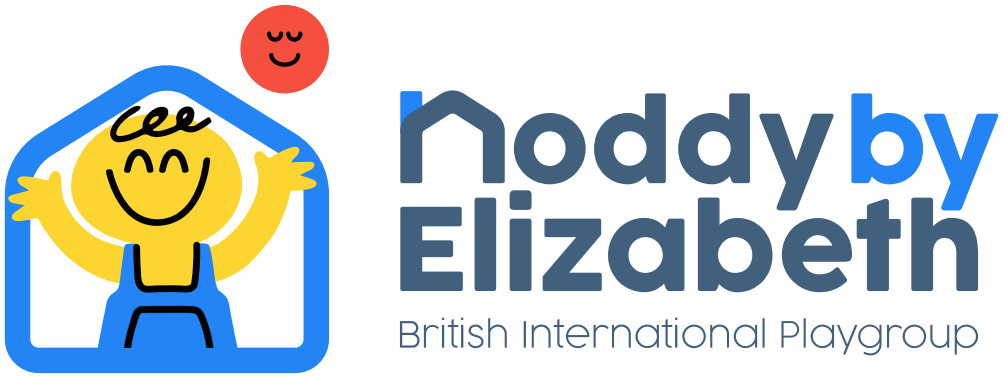As an early childhood educator, Noddy by Elizabeth Playgroup is an avid supporter of developing positive parenting skills for parents of preschool children. Positive parenting involves empathy, affection, support, boundaries, and consequences.

Benefits of Positive Parenting
Self-regulation
Children learn by observing and modelling the behaviour of others, especially their parents and primary caregivers. In a Positive Psychology article, Heather S. Lonczak PhD shares that seeing how the adults around them practise self-regulation and replace negative forms of discipline, such as yelling, threats, or physical punishment, with positive guidance in a calm manner, naturally teaches them how to self-regulate as well.
Better language skills
According to the child experts, positive parenting necessitates going to our children’s level and seeing things from their point of view to better understand their feelings and behaviour. Communicating concepts and explaining to children in a simple language (however, avoid baby talk) that they can grasp is important. For instance, teach them about the different types of feelings. In turn, children will learn to express themselves through speech.
Stronger connection
Building a positive relationship is born out of affection and respect rather than fear. Positive parenting entails connecting with your child before correcting, praising to reinforce the desired behaviour, and explaining the consequences of misbehaviour. Being available and present for our children to address their needs fosters trust and a healthy bond.

Positive Parenting Tips
Positive parenting is the best way to develop our preschool children’s mental and emotional well-being, which will influence their psychological and even physical health later in life. The early stages of childhood set the foundation for their future, so we’d like to share some fundamental parenting tips for new parents.
Have realistic expectations
In an article published in Parenting Science, Gwen Dewar PhD shares that when children, we need to remember that they are still learning self-control and self-regulation. For instance, young children tend to act up when tired, hungry, or overstimulated. Stay calm and provide them with choices so they can exercise independence and autonomy – for instance, letting them choose to brush their teeth first or change into pyjamas before bedtime.
See Things Through A Child’s Eyes
When we try to put ourselves in our children’s shoes, we can better understand their feelings and behaviour and respond appropriately with kindness and compassion. In addition, when we communicate by putting things into perspective, it will teach them how to empathise with others.
Parent The Child You Have
It is important to recognise the uniqueness of your child, their personalities, strengths, talents, as well as flaws and weaknesses, while fostering a well-rounded development. Find out their learning style so you can give them the proper tools and stimulation they need. Give them encouragement to build their self-esteem and praise the kind of behaviour that you want them to do. Focus your praise on their effort and hard work more than the results.
Set clear boundaries
Part of parenting is teaching children what behaviour is acceptable and what is not. According to Poonam Sachdey, MD, set age-appropriate, fair, and easy-to-follow consequences for certain behaviours and explain them to children clearly and patiently. As much as possible, be consistent in implementing these rules and consequences for children to learn from them.
Caregivers at Noddy by Elizabeth Playgroup also applies positive parenting techniques alongside with the learning through play approach throughout its preschool and kindergarten programmes. We believe that a happy child will learn better, be more confident and socially adjusted. We are dedicated to providing a caring and nurturing environment where children are given opportunities and support to achieve their developmental milestones.
To learn and experience more about our teaching philosophy and our purpose-built classrooms and facilities, please feel free to contact us for a school visit.
